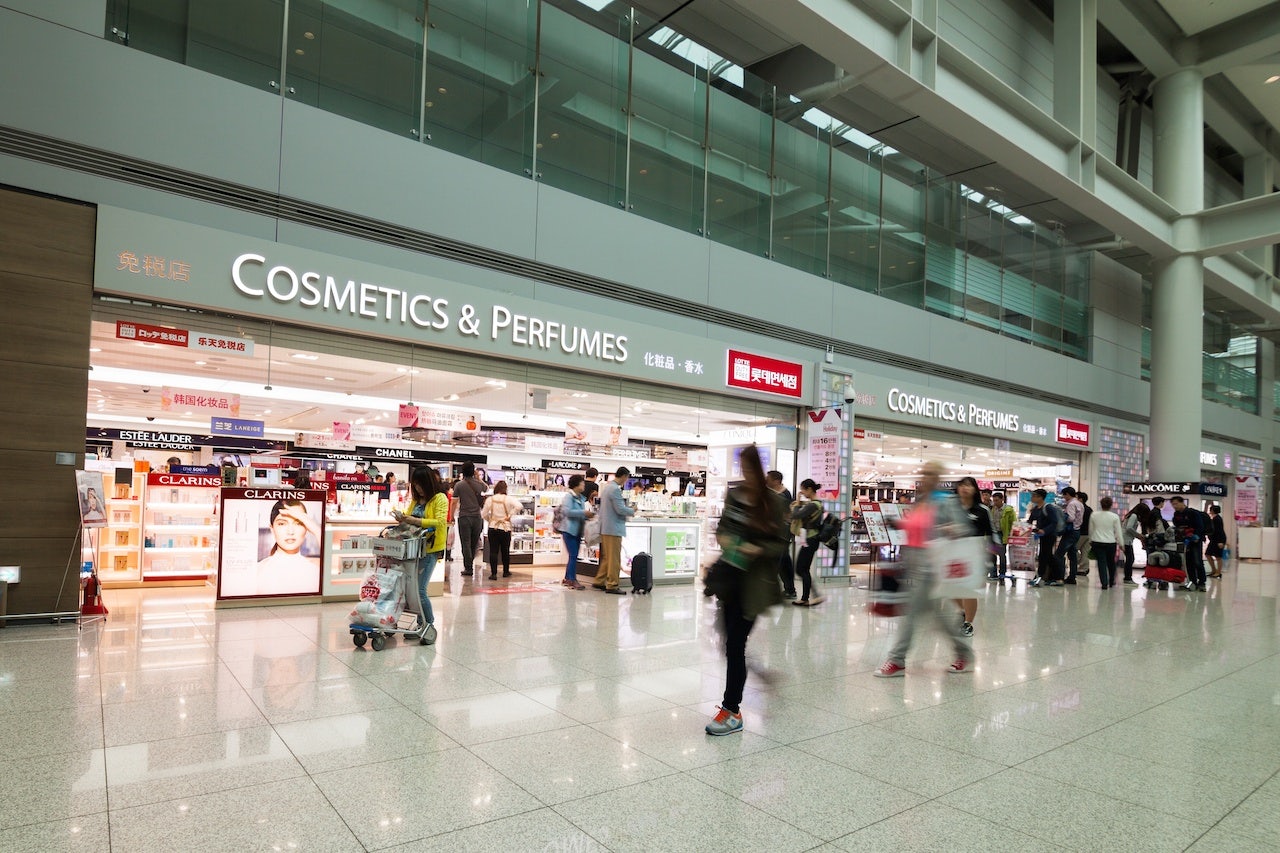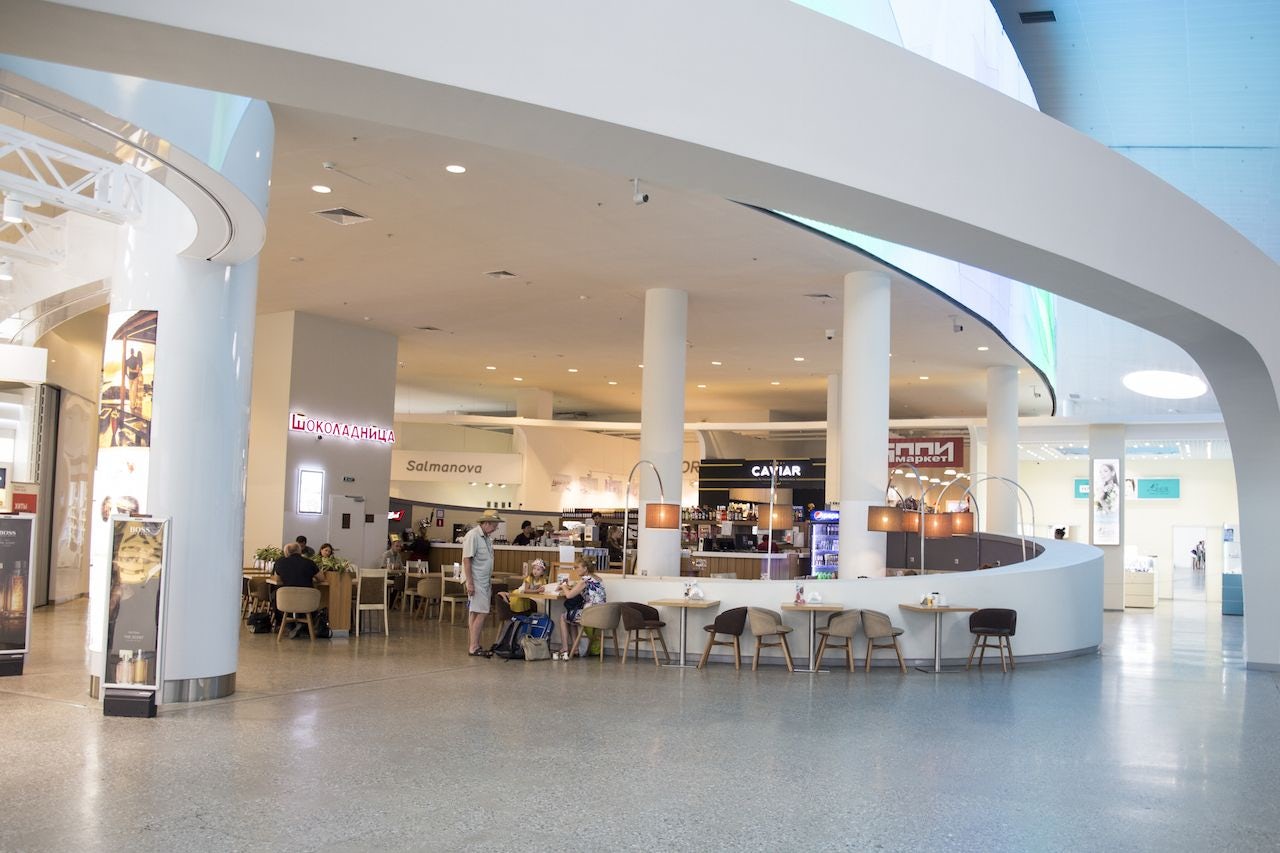Duty free shops in South Korea have seen three months of sales increases since May, even though the number of Chinese tourists has decreased sharply since the implementation of THAAD, compared to last year. Analysts speculated that this unexpected outcome may have to do with Chinese daigou, the independent travelers who purchase large quantities of products and resell them to China. The business practice is considered illegal in China.
According to data compiled by South Korea Duty-Free Association, July's sales came to US637 million, an 8.8 percent increase from last year’s 693 million.
Even though the increased percentage is not a huge number, the positive gain is surprising considering the loss of traffic caused by the implementation of THAAD. Ever since Beijing halted group tours to Korea on March 15, tourist traffic has fallen sharply, hurting duty-free business. According to Global Times reporting, in February, sales from foreign customers were close to 900 million but fell to less than 600 million in April.
Because the increase is mostly seen from the number of foreign tourists per capita consumption, one possible explanation of this phenomenon is the increase of daigou.
The ban on tourist groups allowed independent daigou shoppers to dominate the gray market, many of them leveraging social media to take requests online and travel to duty-free stores with a specific purpose in mind.
Besides commissioning fees for daigou, the implementation of substantial discounts and a large number of marketing activities also leaves the duty-free shop with little profit.
Alternatively, it’s reported that duty-free shops are also willing to pay a high cost to work with KOLs in China to maximize those marketing messages. But fearful of the political impact, many of the KOLs turned down the tempting offers, leaving daigou to become the last straw for duty free stores.
Even though the practice of daigou is illegal, it still counts as a profitable channel for duty-free shops to carry out sales in such difficult times, many of which have to pay high commission fees to work with daigou.
“[The daigou tour specialists] are now getting hefty commissions and discounts – up to 30 percent – more than double what they got before the THAAD row," one industry source told the Korea Herald. “They are the only option for now, and duty-free stores need to maintain a certain level of revenue lest major brands decide to ditch the store.”
Though not all brands are willing to put up with being pushed to the corner by daigou, some duty-free companies “are increasingly concerned about how the market is evolving in the face of crisis," one leading brand representative told Moodie Davitt Report, and are in the process of shutting down commissions to be removed from sales of its products.
Some companies decided to take action against the illegal daigou practice, though with a lack of an alternative profit-making approach, it's doubtful that sales of the duty-free shops will remain positive until the group tourism ban is officially lifted.


